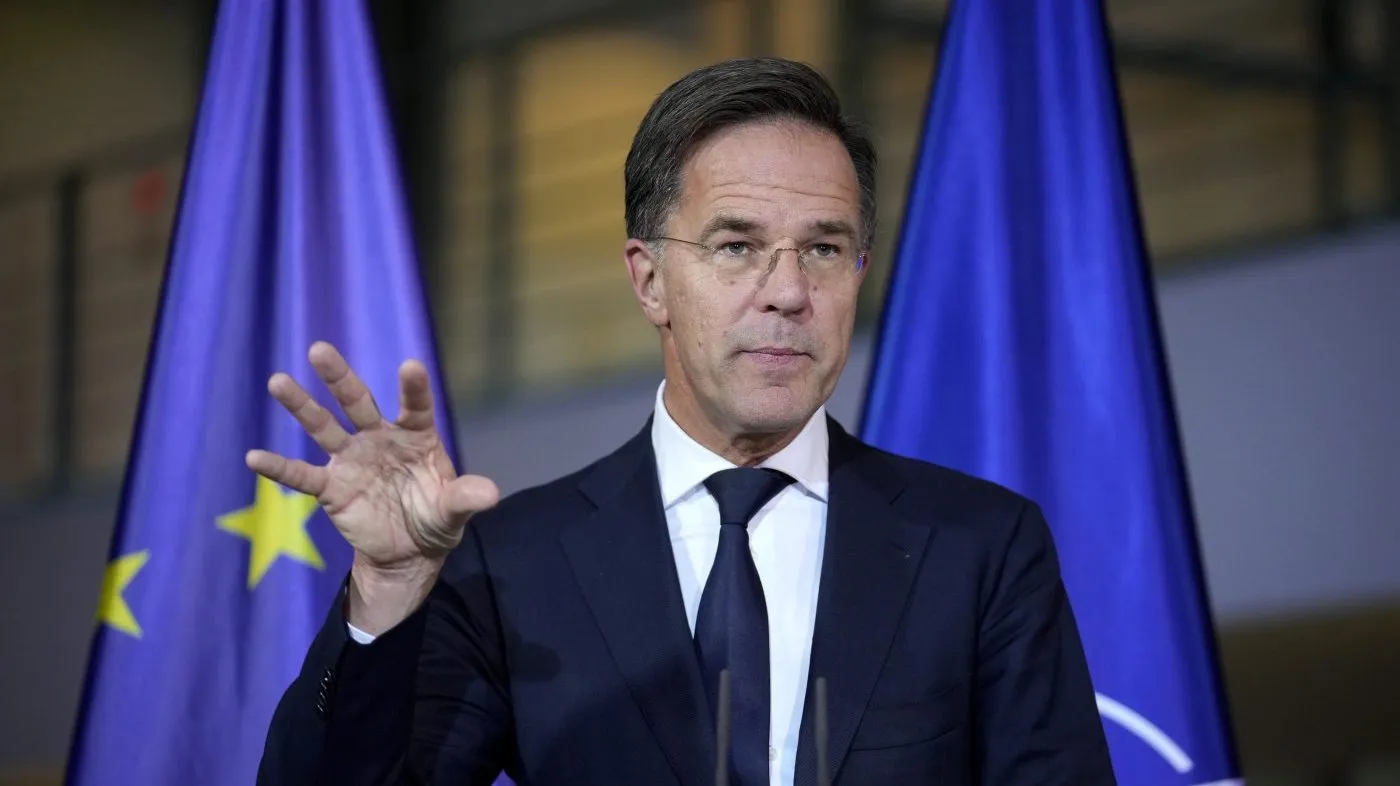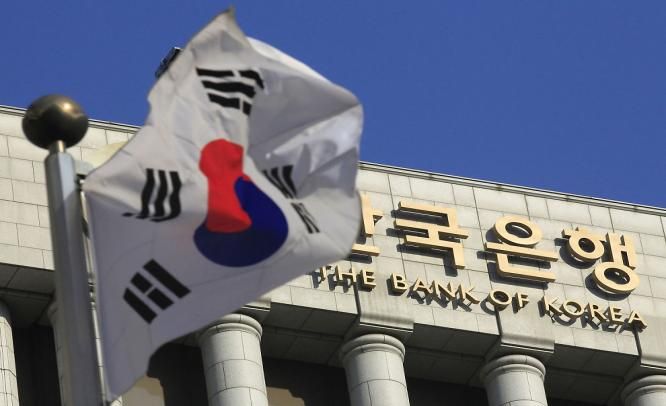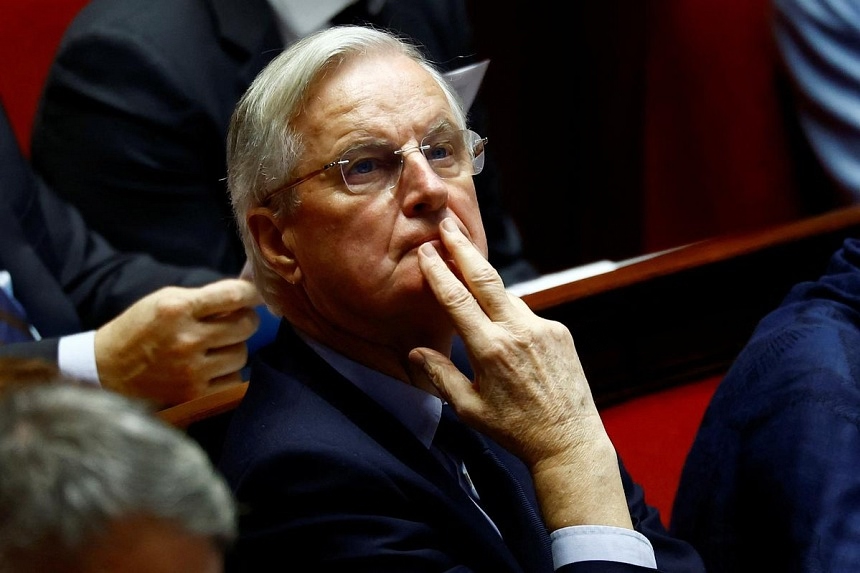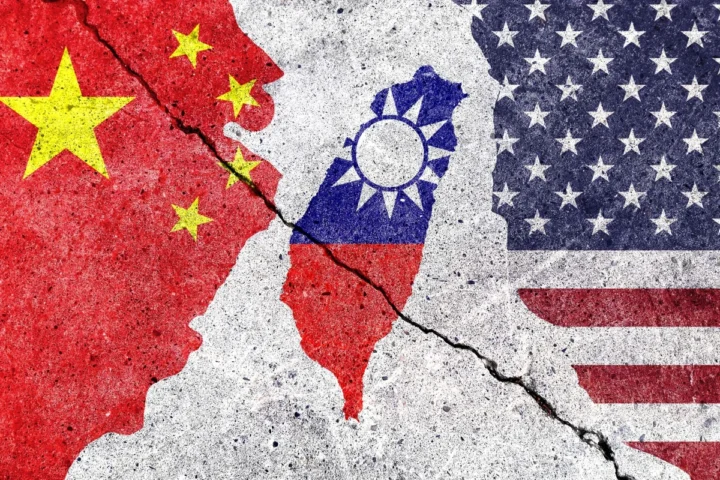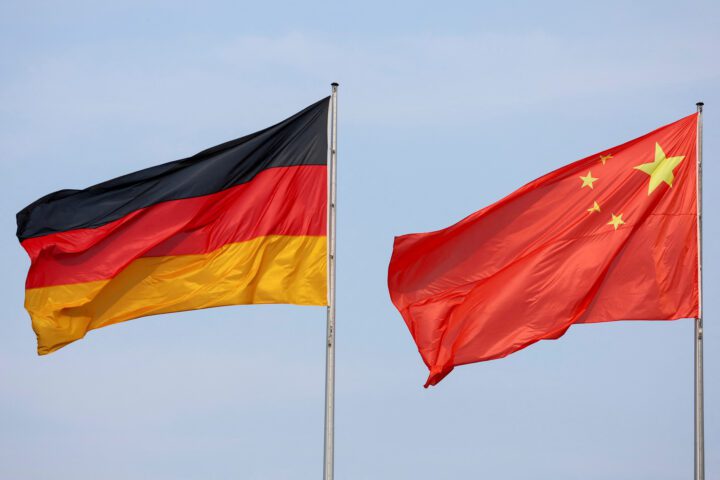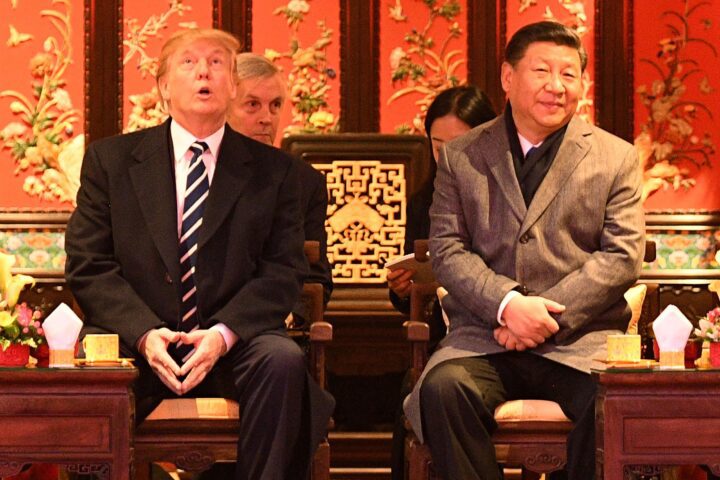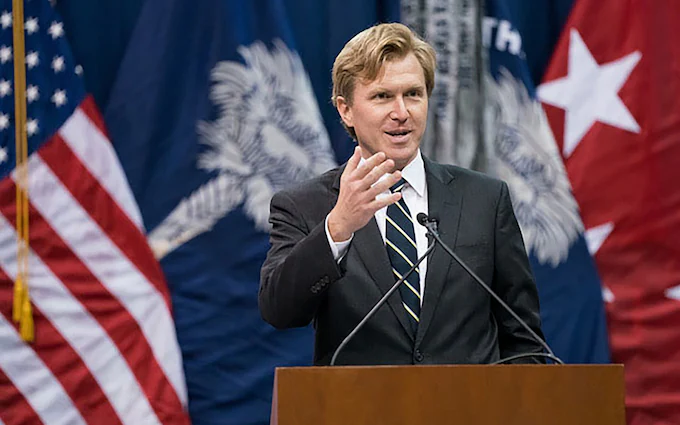In a striking departure from the traditional playbook of diplomacy, NATO Secretary-General Jens Stoltenberg has called for the bolstering of Ukraine’s military firepower ahead of any potential peace negotiations with Russia. The move, publicly backed by Dutch Prime Minister Mark Rutte, marks an audacious twist in the geopolitical narrative, overtly tying the prospects of peace with the preconditions of military strength.
Historically, peace talks have often been prefaced by a mutual decrease in hostilities, a lull in the storm to allow cooler heads to prevail. However, Stoltenberg’s proposition inverts this model, effectively arguing that a better-armed Ukraine would wield more leverage in negotiations. It’s a high-stakes gamble, predicated on the assumption that increased military muscle will disincentivise Russia from further aggression rather than provoke it.
Rutte’s endorsement of this strategy, stating that it should be Ukraine’s prerogative when to initiate peace talks, underlines an emerging consensus among NATO leaders. This indicates a shift towards a more assertive stance against Russian aggression, driven by the belief that a strong defence is the best deterrent. However, critics argue that such an approach could inadvertently escalate tensions, leading to a potentially disastrous arms race on Europe’s eastern fringe.
The move also draws attention to the West’s diplomatic tightrope walk with Russia. On one hand, there’s a desire to maintain open channels of communication to avoid a full-blown military confrontation. On the other hand, there’s a determination to stand up to perceived Russian bullying. This delicate balancing act underscores the complexity of the diplomatic chess game being played out on the international stage.
The proposed arming of Ukraine ahead of peace talks illustrates a sobering new reality in international relations: the necessity of strength as a prerequisite for peace. It speaks volumes about the current state of geopolitics, where dialogue and diplomacy are increasingly seen as insufficient without the backing of tangible military might.
Whether this strategy will yield desired results remains to be seen. What is clear, though, is that the geopolitical landscape is shifting, and traditional rules of engagement may no longer apply. As Stoltenberg’s proposition reverberates in the corridors of power, the world watches with bated breath, waiting to see if this gambit will bring a stable peace or escalate an already combustible situation.
